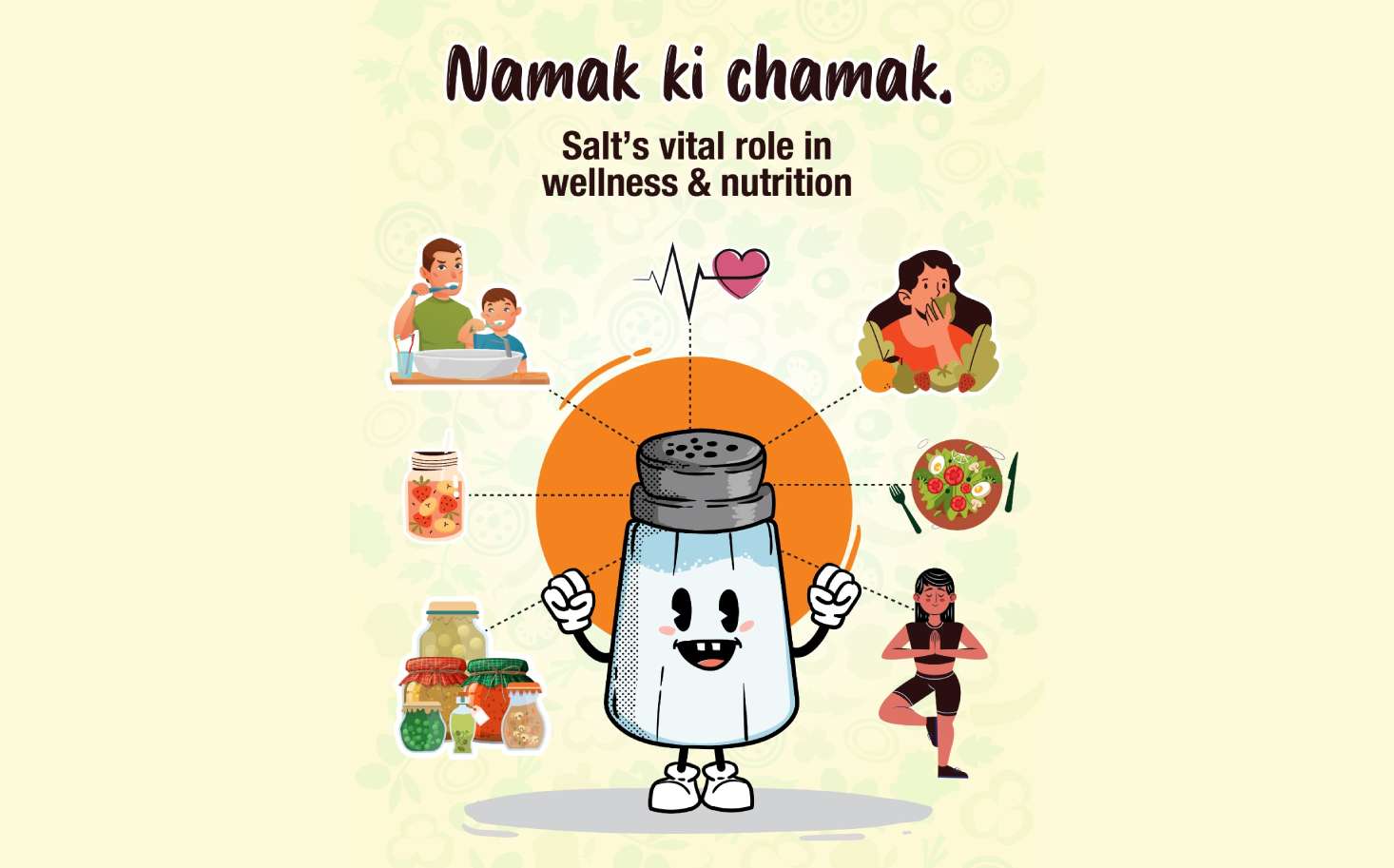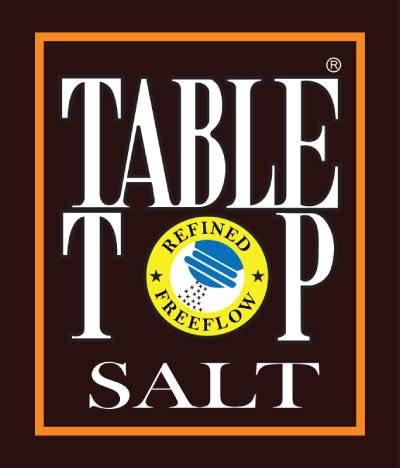
Uncovering the health benefits, nutritional value and historic importance of salt.
Salt. It’s on every dining table, in every kitchen and part of every cuisine around the world. But despite being so commonplace, we often overlook just how vital salt truly is – not just as a flavour enhancer, but as a nutrient, a preservative and a life-sustaining mineral.
From ancient trade routes to modern diets, salt has shaped human civilization and continues to support our bodies in countless ways. In this article, we explore the health benefits of salt, its nutritional value, its role in food preservation and why choosing a healthy salt matters more than ever.
1. The Nutritional Value of Salt
At its core, salt is composed of two essential elements: sodium and chloride. While too much of it can be harmful, a moderate amount of sodium is crucial for survival. Sodium supports many bodily functions, including:
- Maintaining fluid balance in and around cell
- Facilitating nerve impulse transmission
- Supporting muscle function, including heart contractions
- Aiding nutrient absorption and digestion
Chloride, meanwhile, helps produce stomach acid and plays a key role in maintaining pH balance in the body.
Deficiencies in sodium can lead to fatigue, muscle cramps and even cognitive issues. On the other hand, excessive consumption, especially of highly processed salt in packaged foods, can lead to high blood pressure and cardiovascular concerns. That’s why it’s important to consume salt mindfully and choose the right kind of salt for your daily needs.
2. Health Benefits of Salt (In the Right Form)
When we talk about the health benefits of salt, it’s important to distinguish between highly refined table salt and healthy salt options like Iodised Sea Salt, Himalayan Pink Salt, Sendha Namak and Black Salt.
These natural salts often retain a broader profile of trace minerals such as:
- Magnesium – Supports muscle and nerve function
- Calcium – Essential for bones and cardiovascular health
- Potassium – Helps balance sodium levels
- Iodine – Crucial for thyroid function
For instance, iodised sea salt is a simple way to support thyroid health, especially in regions where iodine deficiency is common. Pink Himalayan Salt is rich in trace minerals and lower in sodium than standard table salt, making it a better choice for those looking to reduce their intake while still maintaining flavour.
Salts like Table Top Iodised Sea Salt, Sendha Namak and Himalayan Pink Salt offer additional wellness advantages—from aiding digestion to reducing bloating and improving respiratory health. Choosing healthy salt ensures you get the mineral support your body needs without the excessive sodium load found in many processed foods.
3. The Role of Salt in Food Preservation
Before refrigeration, salt was humanity’s most powerful preservative. By drawing out moisture and creating an environment hostile to bacterial growth, salt made it possible to store meats, vegetables and fish for months, if not longer.
Even today, salt continues to play a vital role in food preservation. From pickles and cured meats to cheeses and sauces, salt not only enhances flavour but prevents spoilage.
This age-old technique isn’t just about convenience – it’s also about sustainability. By extending the shelf life of food, salt reduces waste, supports local food traditions and helps communities remain food secure during lean seasons.
In fact, fermented and salted foods often offer additional probiotic and nutritional benefits, showing how salt’s preserving power also supports gut health and immunity.
4. Salt and Human Culture
The story of salt is deeply woven into human history. It shaped trade routes, built cities and even sparked wars. Roman soldiers were paid in salt—giving rise to the word salary. Cities like Salzburg in Austria owe their names and prosperity to salt mines. In India and other cultures, salt is not only a kitchen essential but a part of religious rituals and spiritual practices.
This universal reliance on salt, across both time and geography, shows that it’s far more than just seasoning – it’s a symbol of survival, prosperity and even purity.
5. Choosing the Right Salt for Your Lifestyle
In today’s health-conscious world, choosing the right type of salt can help you get the best of both flavour and nutrition. Not all salts are created equal. Here’s a quick guide:
- Iodised Sea Salt: Great for daily cooking and thyroid health
- Sendha Namak: Ideal for fasting and those seeking mineral-rich, organic options
- Himalayan Pink Salt: Low in sodium and high in trace minerals; a great all-rounder
- Black Salt: Adds tangy, digestive-friendly flavour to snacks and chaats
- Crystal Sea Salt: Doubles as a bath salt for skin health and relaxation
Table Top Salt offers all these options, thoughtfully produced and naturally processed to retain essential minerals. Whether you’re cooking for your family, fasting for wellness or simply looking to eat cleaner, there’s a variant to match your needs.
In Conclusion
Salt is far more than a flavour booster. It’s a nutrient, a preserver, a healer and a cultural cornerstone. From the nutritional value of salt to its role in food preservation and its countless health benefits, this humble mineral deserves more attention than it gets.


